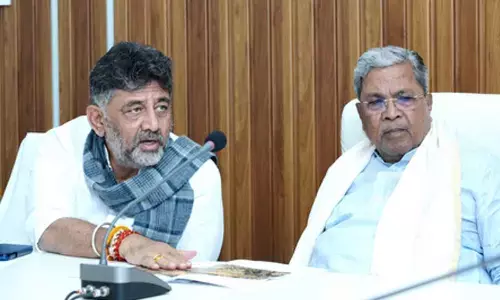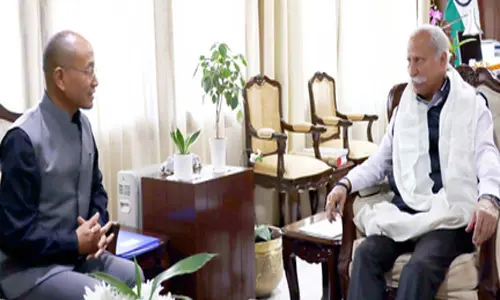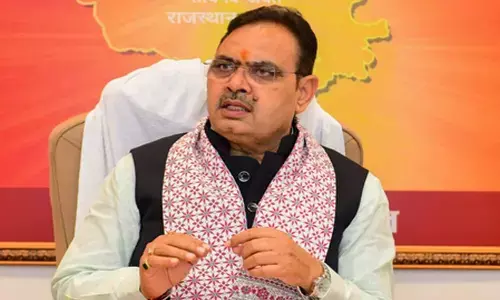Revenue-share model for marginal oil fields

Revenue-share model for marginal oil fields. The Union government on Wednesday took a decision to auction marginal oil and gas fields where discoveries could not be monetised by state-owned explorers ONGC and Oil India because of difficult geology and small size of blocks.
The Union government on Wednesday took a decision to auction marginal oil and gas fields where discoveries could not be monetised by state-owned explorers ONGC and Oil India because of difficult geology and small size of blocks. It has introduced a revenue-sharing mechanism and dispensed with the Production Sharing Contract (PSC), which came in for much flak.

In Production-Sharing Contracts, companies win blocks by quoting the highest minimum work programme and recover their investment before sharing profits with the government. Oil and gas exploration companies (OGECs) say this is a good way for them to recover their investment because they take significant risks while drilling for exploration.
However, the government’s stand is that the OGECs can tamper with production of oil and gas and then hoard the gas in anticipation of higher rates in the future. This is what the Reliance KGD6 controversy is all about with government saying that Reliance/BP are deliberately hoarding gas to sell it at higher prices on a future date.
Therefore, the Rangarajan Committee has recommended shift to Revenue Sharing System in the new oil and gas exploration policy. The major advantage of Revenue Sharing over PSC is the end of the 100% cost recovery that PSC offers and the share of the government will occur soon after production.
In the revenue-sharing regime, the bidders will have to indicate the quantity of oil and gas they will share with the government at various stages of production along with the rates. So, the government’s remuneration is delinked from the quantum of investment made in developing the block and extracting the hydrocarbons.
Revenue will be shared between the government and OGECs from the first batch of production of the oil and gas itself. The government feels that it will allow companies the flexibility to manage operations without the undue scrutiny of the CAG and public at large. It ensures that as the contractor earns more, the government gets progressively higher revenue.
It will also safeguard the government’s interest in case of a windfall arising from a price surge or a surprise geological find. The revenue-sharing matrix over the life cycle of the field will be directly linked to output levels and price. The government has not kept a fixed revenue share because it would not have protected the Centre’s interest in case of any windfall gains.














